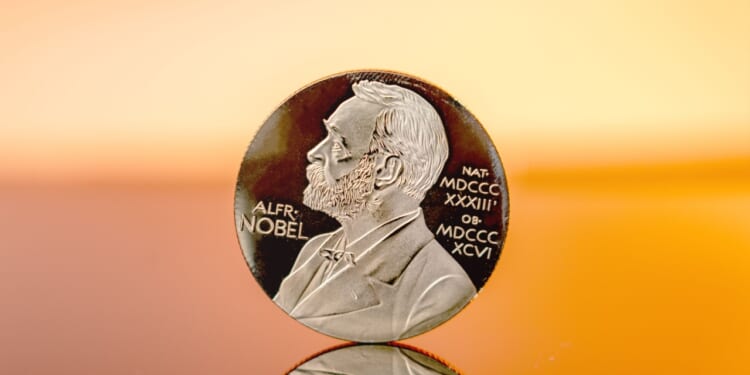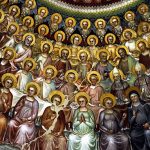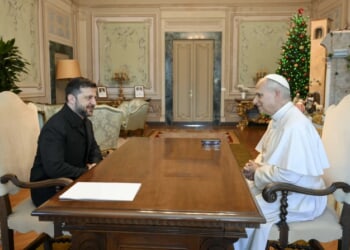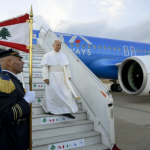If President Trump really wants the Nobel, he must work harder to ensure his peacemaking diplomacy succeeds in the long term.
Apparently, President Donald Trump really did want that Nobel Peace Prize, recently awarded instead to Maria Corina Machado, a Venezuelan advocate for political reform. In fact, some press accounts suggest that this October’s rancorous meeting between Trump and Ukrainian President Volodymyr Zelensky resulted from Trump’s continued anger over the letdown.
If Trump wants the Nobel, he should begin by being less deliberately divisive and vindictive against political opponents at home, as well as change his ways with most allies and key trade partners abroad. But put all that to the side for a moment. It is a good thing Trump wants a Nobel. That is a worthy goal for any American president. But even he should see why it’s better to wait—and to have to work a little harder for it. That will make the winning of the prize more meaningful if and when it ever happens.
Only four previous American presidents have won the Nobel Peace Prize. Theodore Roosevelt received it in 1906, five years into his presidency, for mediating an end to the Russo-Japanese War of 1904–1905. That was arguably the only case at all comparable to Trump’s impressive efforts, say in Gaza. By 1906, the Russia-Japan peace had taken root in a way that peace in the Middle East today has not, at least yet. In any case, Japan’s regional imperialism was far from over.
In 2002, Jimmy Carter won the Nobel Prize more for his work as a former president, promoting democracy and human rights around the world, than for his actions while in the Oval Office.
In 2009, Barack Obama won the award after being elected to the American presidency and preaching an aspirational message of global inclusiveness and hopefulness. His record then also included major speeches that year in Prague and Cairo that sketched visions of a world free of nuclear weapons and enmity between the West and the Middle East. They were good speeches, but even he acknowledged that he may have received the Nobel too soon and more out of a sense of the promise he brought than the accomplishments he had delivered so far.
Trump claims to have stopped some eight wars. I agree that he has been significantly helpful in several instances, including Gaza, Iran, the Thailand-Cambodia border conflict, and the Armenia-Azerbaijan dispute over the Nagorno-Karabakh region. However, other players also played significant roles. And the first two problems, at least, are far from definitively solved.
As a former Peace Corps volunteer in Congo, I am thrilled to see Trump’s interest in bringing peace and economic development to eastern Congo. However, so far, despite small steps forward last spring and an Oval Office signing ceremony involving the foreign ministers of the DRC and Rwanda, there has been neither peace nor economic progress from the interim deals that the three countries, as well as other actors, have reached.
In the Kosovo-Serbia and Egypt-Ethiopia disputes of late, there was no real fighting. Still, one must give Trump and his team credit for useful diplomacy in calming tensions. Less so on India-Pakistan, where, by claiming too much credit for helping end their skirmish in May, Trump has set back US-India relations. Finally, on the Ukraine-Russia war, Trump has been pushing in the right general policy direction, if belatedly and intermittently—and President Trump himself acknowledges the frustration and continued tragedy of the situation.
So keep trying, Mr. President! And congratulations on several areas of diplomatic progress or promise to date. But it really would have been too soon to bring home a Nobel Peace Prize this year. And given what is happening on the American political home front, it would have been surreal as well.
About the Author: Michael O’Hanlon
Michael O’Hanlon is the Phil Knight Chair in Defense and Strategy at the Brookings Institution, author of the forthcoming book, To Dare Mighty Things: U.S. Defense Strategy Since the Revolution.
Image: AntonSAN / Shutterstock.com.
Correction: An earlier version of this article stated that three US presidents received the Nobel Peace Prize. The correct number is four, including President Woodrow Wilson’s award in 1919. 10/31/2025.


















